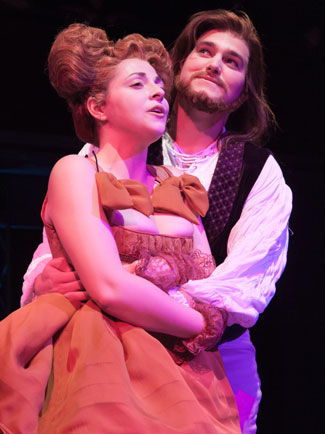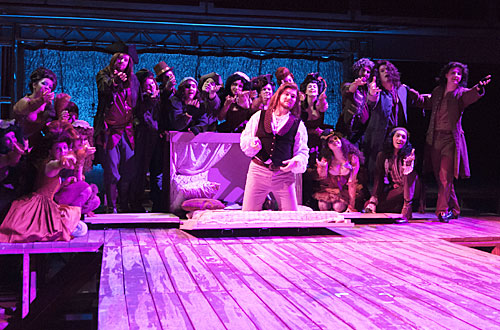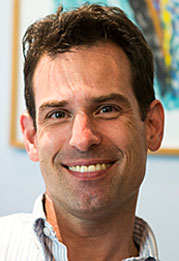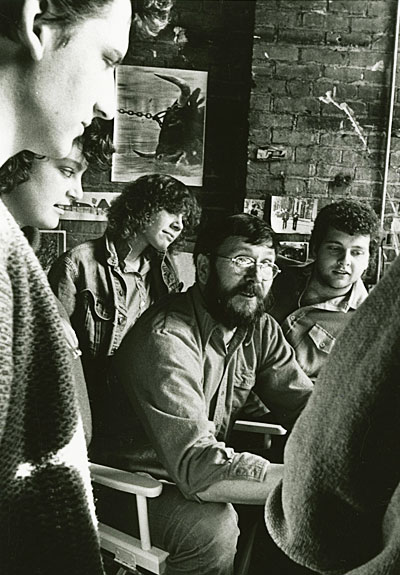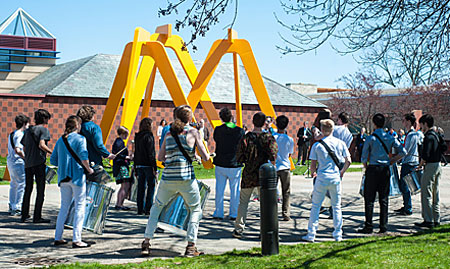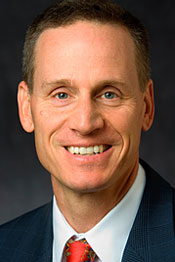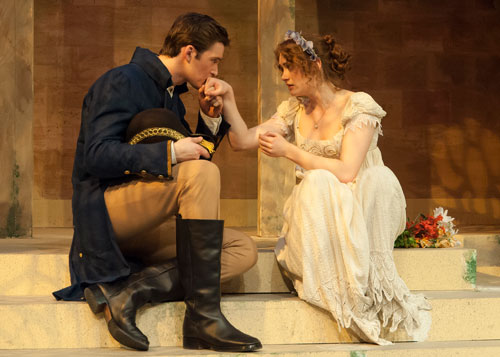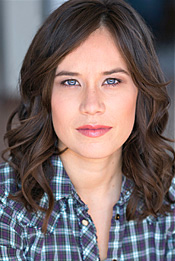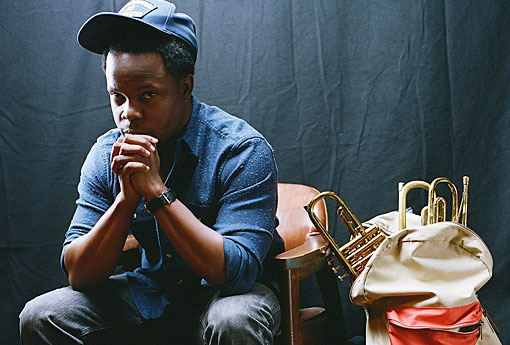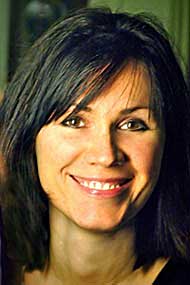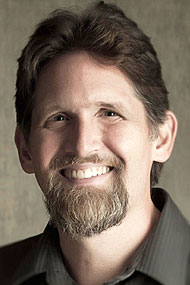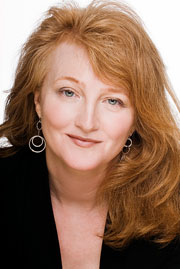Four members of the Lawrence University faculty have been granted tenure appointments by the college’s Board of Trustees.
Based on recommendations by the faculty Committee on Tenure, Promotion, Reappointment and Equal Employment Opportunity, and President Mark Burstein, tenure was granted to Sara Ceballos, Sonja Downing, Judith Humphries and Stephen Sieck. Each was promoted to rank of associate professor.
“The four persons who have been awarded tenure are outstanding members of our faculty,” said David Burrows, provost and dean of the faculty. “Each has contributed to our programs in distinctive, excellent ways and we are confident they will continue to do so for many years to come. Each is destined to become a leader among the faculty and to provide inspiration to generations of our students.”
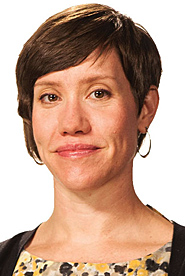
Ceballos, a musicologist whose scholarship focuses on 17th- and 18th-century keyboard music, joined the conservatory of music faculty in 2008. She teaches classes as diverse as “The German Lied and National Identity,” “Music and Colonialism in the Age of Exploration” and “Music and Power Under the Sun King.”
She has been the recipient of awards for her research from the National Endowment for the Humanities, the University of California, and the Southwest and Northwest chapters of the American Musicological Society.
At Lawrence’s 2015 commencement, Ceballos was honored with the college’s Young Teacher Award in recognition of demonstrated excellence in the classroom and the promise of continued growth.
Ceballos, who plays piano, graduated Phi Beta Kappa from Colby College with a bachelor’s degree in music. She also earned a master’s degree and Ph.D. in musicology at UCLA.
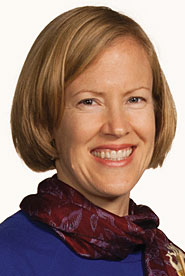
Downing joined the conservatory of music faculty in 2008 as a postdoctoral fellow in ethnomusicology and was granted a tenure track appointment in 2011. Her research interests include traditional Balinese music, traditional music pedagogy and the intersection of gender and performance.
She was instrumental in the founding of Lawrence’s gamelan ensemble, Gamelan Cahaya Asri and has performed in the U.S. and in Bali with the American-based Gamelan Sekar Jaya.
Born in Switzerland, Downing earned a bachelor’s degree in music from Swarthmore College, a master of music in flute performance and a Ph.D. in music from the University of California, Santa Barbara.
A member of the Lawrence biology department, Humphries first joined the faculty in 2007 as a visiting assistant professor before being given a tenure-track appointment in 2010. Her scholarship focuses on invertebrate immunology, with a special interest in the immune system of snails and how they regulate their immune responses to parasites and other biological threats.
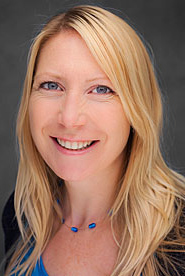
In addition to the biology department, Humphries contributes to topics in Lawrence’s neuroscience department.
Prior to Lawrence, Humphries taught at the Institute of Biological Sciences at the University of Wales and was a researcher in the pathobiological sciences department at UW-Madison.
A native of Northern Ireland, Humphries earned both a bachelor’s degree in biological sciences and a doctoral degree at Queens University in Belfast.
Sieck, who joined the conservatory of music faculty in 2010, directs Lawrence’s Viking Chorale and co-directs the Concert Choir and Cantala women’s choir, all of which have been invited in the past two years to perform at state or regional choral director association conferences.
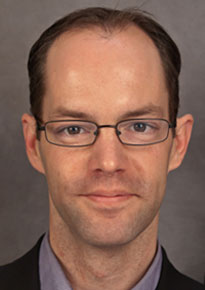
His current research interests include inclusive pedagogy and effective teaching strategies for diction and for developing tenor voices. He also has published scholarly articles on Benjamin Britten and Aaron Copland. In 2014, he was recognized with Lawrence’s Young Teacher Award.
Prior to Lawrence, Sieck spent five years as the director of choral/vocal music at Emory & Henry College in Virginia. He serves as the music director at Neenah’s First Presbyterian Church and as President-Elect for the Wisconsin Choral Directors Association.
Sieck earned a bachelor of arts degree in music from the University of Chicago and master’s and doctoral degrees in choral conducting from the University of Illinois.
About Lawrence University
Founded in 1847, Lawrence University uniquely integrates a college of liberal arts and sciences with a nationally recognized conservatory of music, both devoted exclusively to undergraduate education. It was selected for inclusion in the book “Colleges That Change Lives: 40 Schools That Will Change the Way You Think About College” and Fiske’s Guide to Colleges 2016. Engaged learning, the development of multiple interests and community outreach are central to the Lawrence experience. Lawrence draws its 1,500 students from nearly every state and more than 50 countries.
